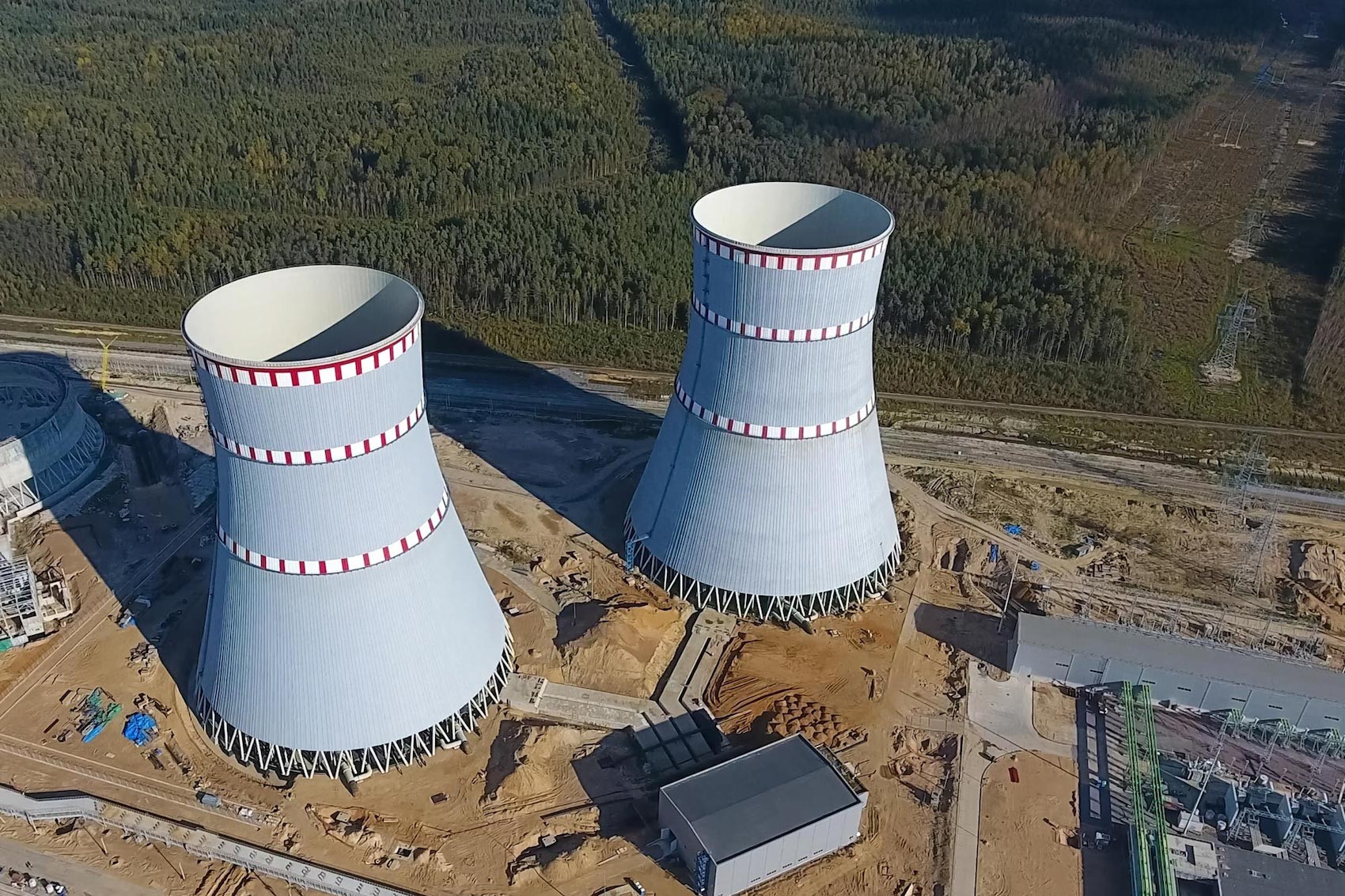
According to Hung, a former lecturer at the Hanoi University of Science and Technology (HUST), nuclear power has nearly no greenhouse gas emissions.
Hung cited a report of the Intergovernmental Panel on Climate Change (IPCC) as saying that over its entire life cycle, nuclear power is the lowest-emission power source, while traditional energy sources such as coal, oil, gas, and even hydropower and solar power all emit greenhouse gases.
Believing that nuclear power is a must, Hung said it would be very difficult for Vietnam to fulfill its net-zero commitment if it doesn’t develop nuclear power.
He said that the Vietnamese people have recently become more ‘open’ to nuclear power, because they have realized that nuclear power has less negative impact on the environment and people’s health than other types of power.
Saying that he doesn’t oppose the policy on developing renewable energy and that developing wind and solar power is a good decision, Hung noted that solar and wind power is not a stable power supply source.
“We cannot anticipate problems in developing wind and solar power – the instability in electricity generation and heavy reliance on weather conditions,” he said.
“Many people have realized that solar power and renewable sources cannot be reliable power sources for economic development and daily use,” Hung said.
Stressing that people should not have an ‘anti-nuclear power’ attitude, Hung said after the Fukushima nuclear power plant accident in Japan in 2011, the majority of residents there have returned to normal life. With the rapid development of science and technology, nuclear power has become safer in both operation and troubleshooting.
Deputy Minister of Industry and Trade Nguyen Sinh Nhat Tan said the government has mentioned the development of nuclear power and assigned his ministry to conduct research on the issue.
Previously, Vietnam intended to develop nuclear power in 2009, but later decided to postpone the plan. Recently, the ministry resumed research on this type of power based on the eighth national power development plan (Plan 8), and learned about the real demand to report to the government.
Tan said developing nuclear power is a growing tendency in many countries, because the demand for power is on the rise, while the base electricity is deficient, and nuclear power is seen as a solution. The countries are considering expanding nuclear power plants’ scope.
Japan, which once had an accident, is still using nuclear power which makes up 20-25 percent of its total electricity output.
Also according to Tan, nuclear power is in the third or fourth generation period. With the advanced technologies applied, the risk is nearly zero.
Training
Regarding the preparation in workforce for nuclear power, Hung said before 2016, Vietnam sent hundreds of qualified workers and interns to Japan and Russia to study nuclear power technology. Vietnam also received support from IAEA (International Atomic Energy Agency) for a nuclear power development project.
“We have every reason to hope that in the not distant future, we will have nuclear power,” Hung said.
Concerning the resumption of the plan to develop nuclear power, Hung said Vietnam has great advantages, including sites for two nuclear power plants in Thuan Nam and Ninh Hai districts in Ninh Thuan province.
Since 2010, the Ministry of Education and Training has sent 323 students to Russian universities to study majors related to nuclear power. Of these, 235 students committed to return to Vietnam to work for Ninh Thuan nuclear power projects after graduation. Eighty seven students are from NinhThuan.
MOET also worked with the Japanese side on a plan to prepare workers with a higher education level for Ninh Thuan 2 project. Of these, 100 students have trained at Japanese universities since 2016.
Electricity of Vietnam (EVN) has been implementing a project to produce workers for Ninh Thuan 1 and 2. In 2006-2009, EVN sent 31 students to training courses on nuclear power. In 2013-2014, 14 students fulfilled the training programs and returned to Vietnam, including 13 master’s degree holders from Russia and one from France.
Tam An